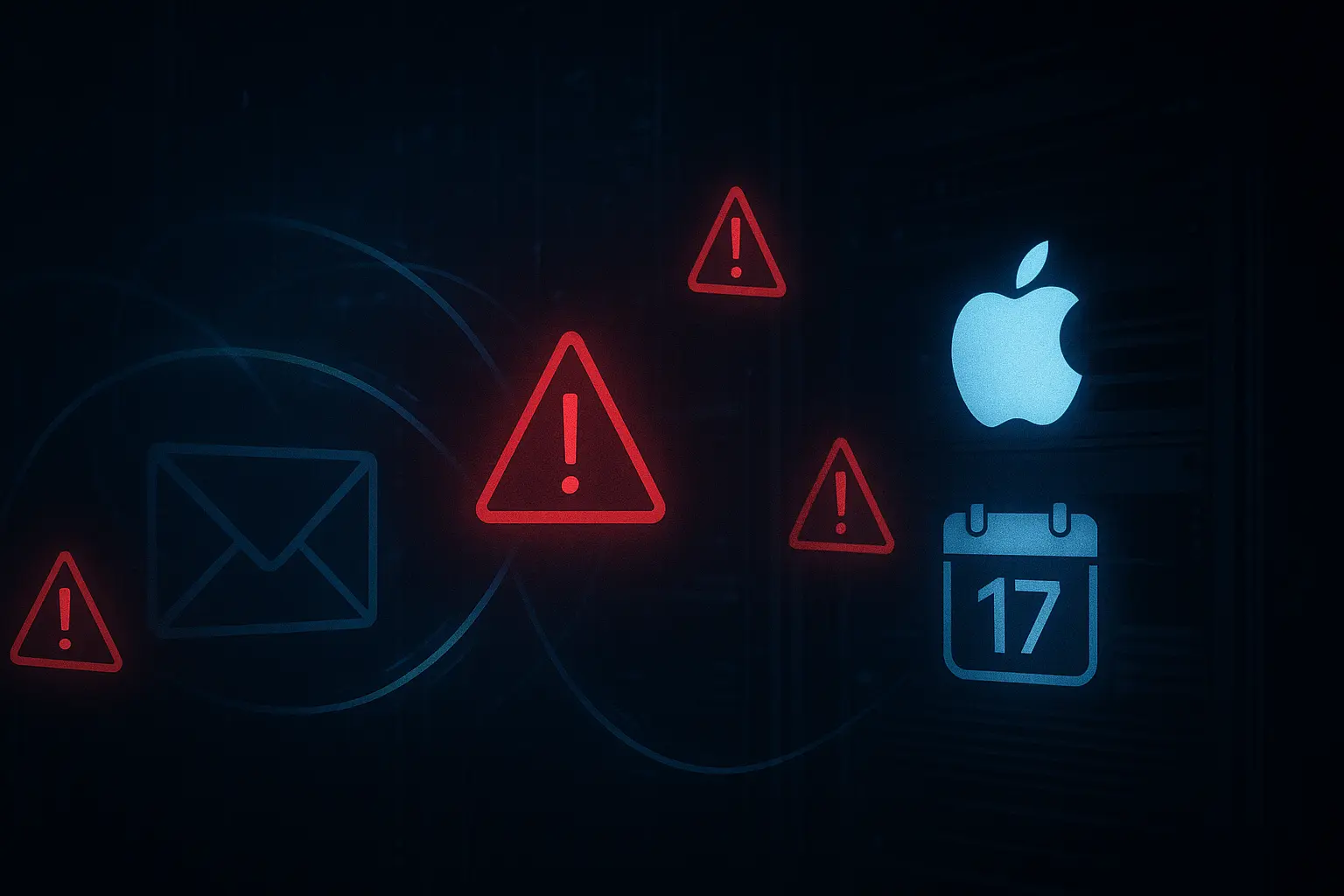Tag: Apple
-

Apple updated its security rewards and now offers up to $2,000,000 for zero-click remote code execution exploits. The company funds larger prizes for the most dangerous exploit classes. The move aims to steer top researchers toward responsible disclosure. Bigger base payouts and stacked bonuses Apple raised base payouts across several exploit types. It lists one-click…
-

Apple threat notifications have been confirmed by CERT-FR, France’s national incident response team. The alerts warn users about spyware campaigns that compromise iCloud devices. High-profile targets such as journalists, politicians, and activists remain most at risk. How the Notifications Work Apple has sent threat notifications since 2021. These alerts warn individuals when advanced spyware attempts…
-

Apple has issued urgent alerts after Apple spyware attacks targeted users across multiple countries. These attacks involve highly advanced spyware campaigns that exploit zero-day and zero-click vulnerabilities. Apple reports that high-profile individuals, including activists and politicians, remain at the center of these threats. The company confirmed that targeted users received direct warnings through email, SMS…
-

Apple’s A19 chips now include Memory Integrity Enforcement (MIE)—a groundbreaking feature that prevents memory corruption-based spyware attacks. Apple calls it the most significant memory safety upgrade in consumer operating systems. What Is Memory Integrity Enforcement? MIE uses memory tagging techniques to detect and block typical security threats like use-after-free and out-of-bounds vulnerabilities. It applies tags—like…
-

The iCloud Calendar phishing campaign shows how attackers abuse Apple’s trusted infrastructure. Criminals managed to send phishing emails through Apple servers, using iCloud Calendar invites as their delivery method. This unusual technique increases the credibility of the scams. How the Attack Works Phishing campaigns usually rely on compromised email servers or spoofed addresses. In this…
